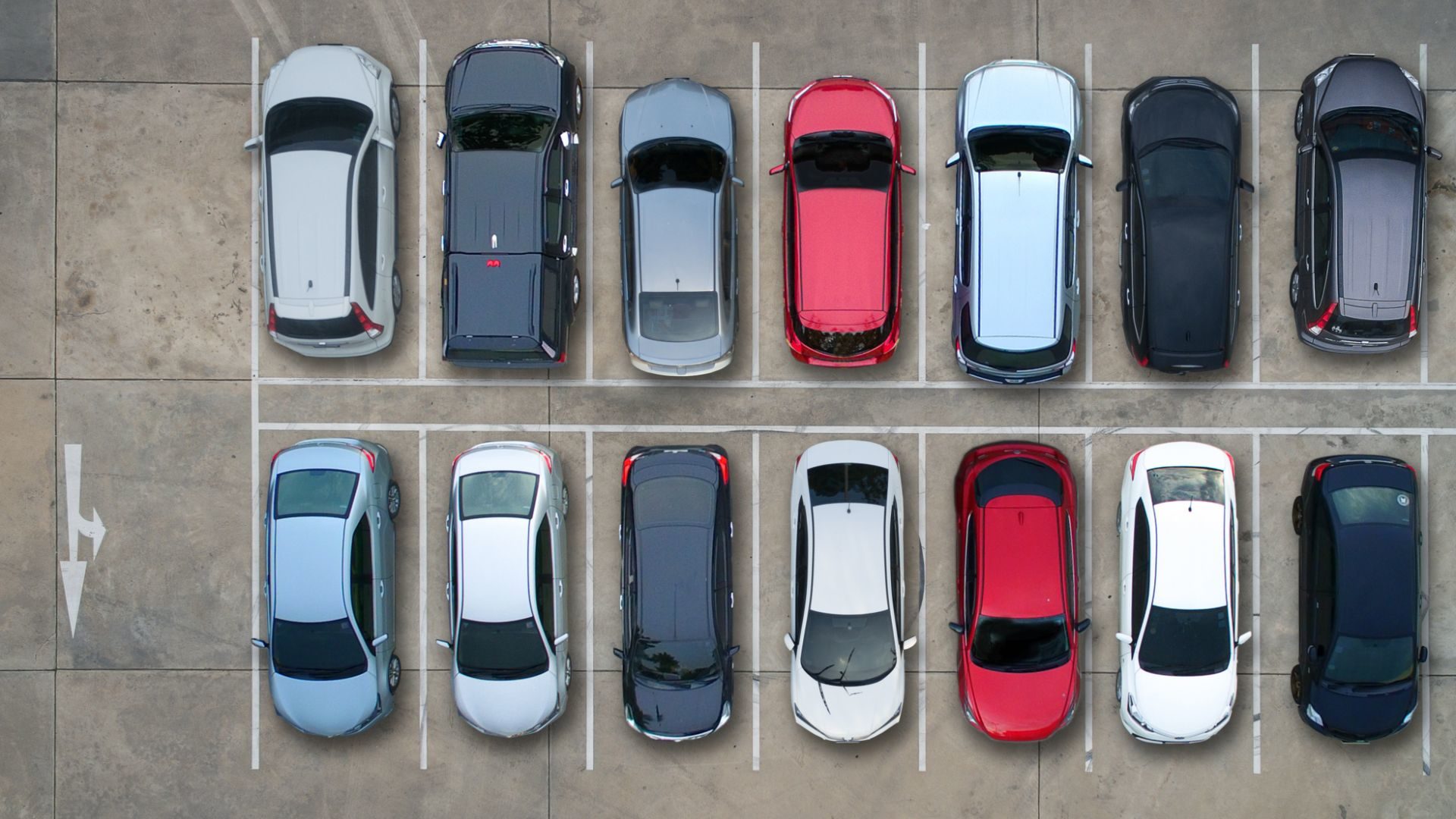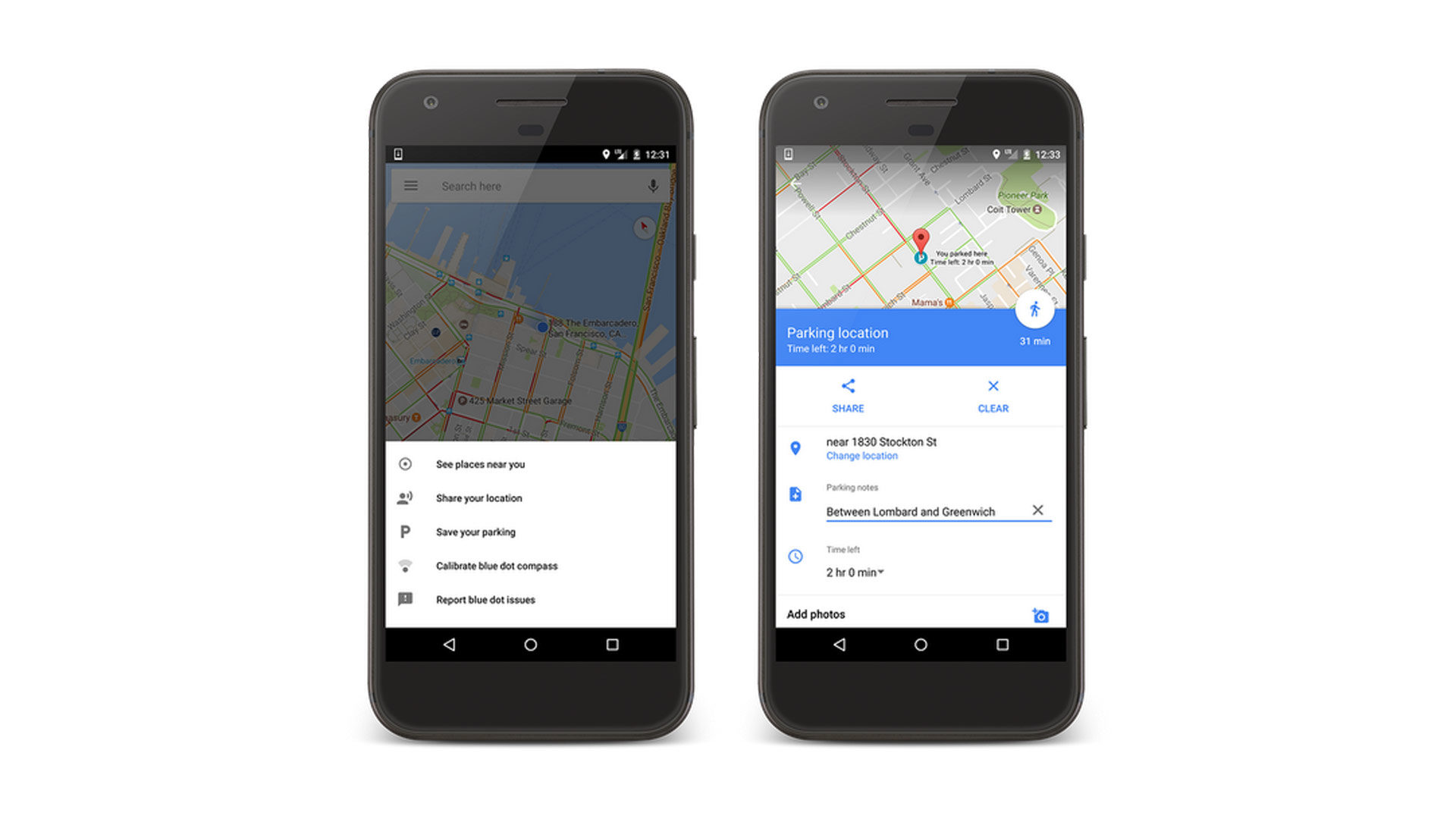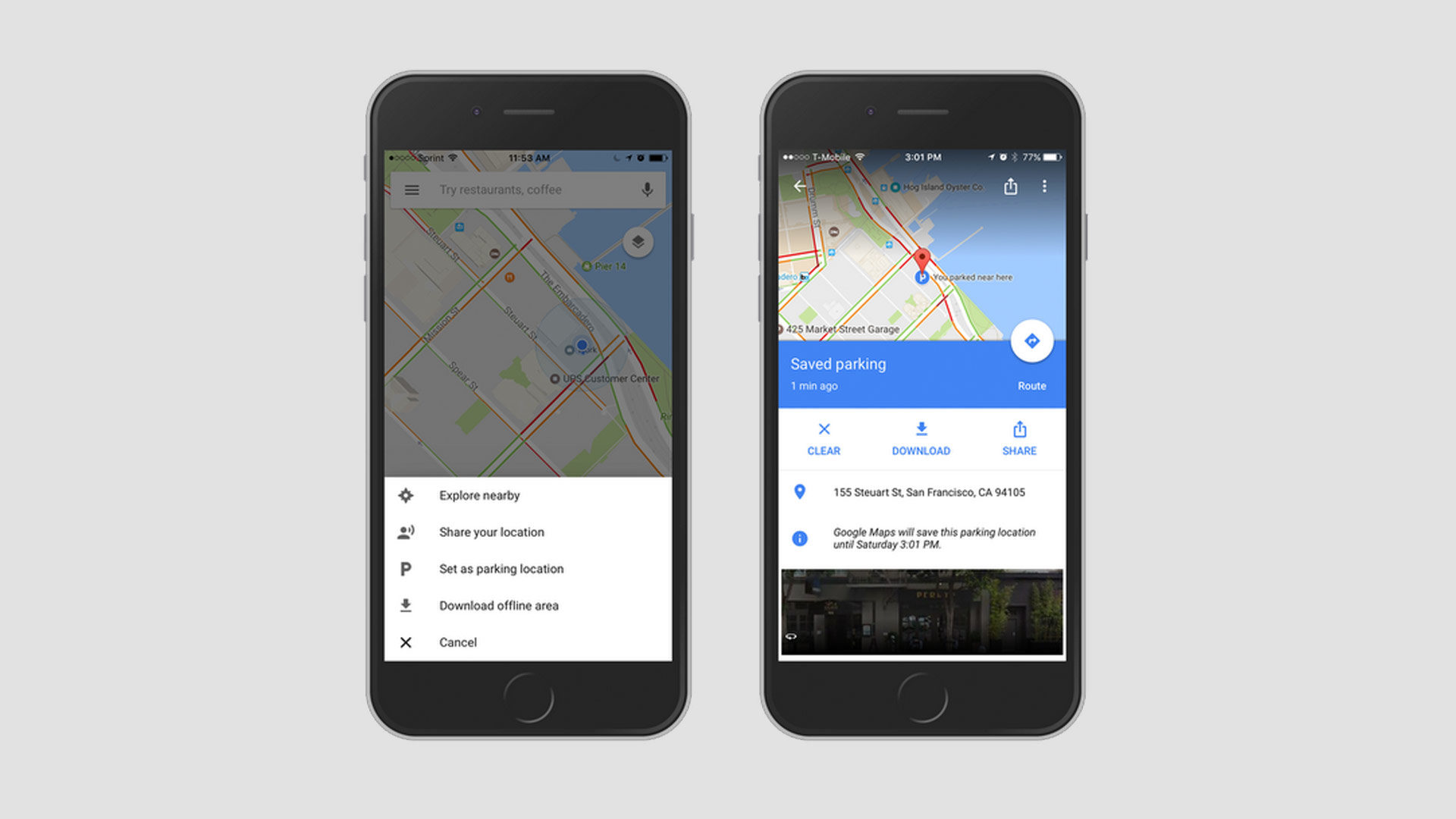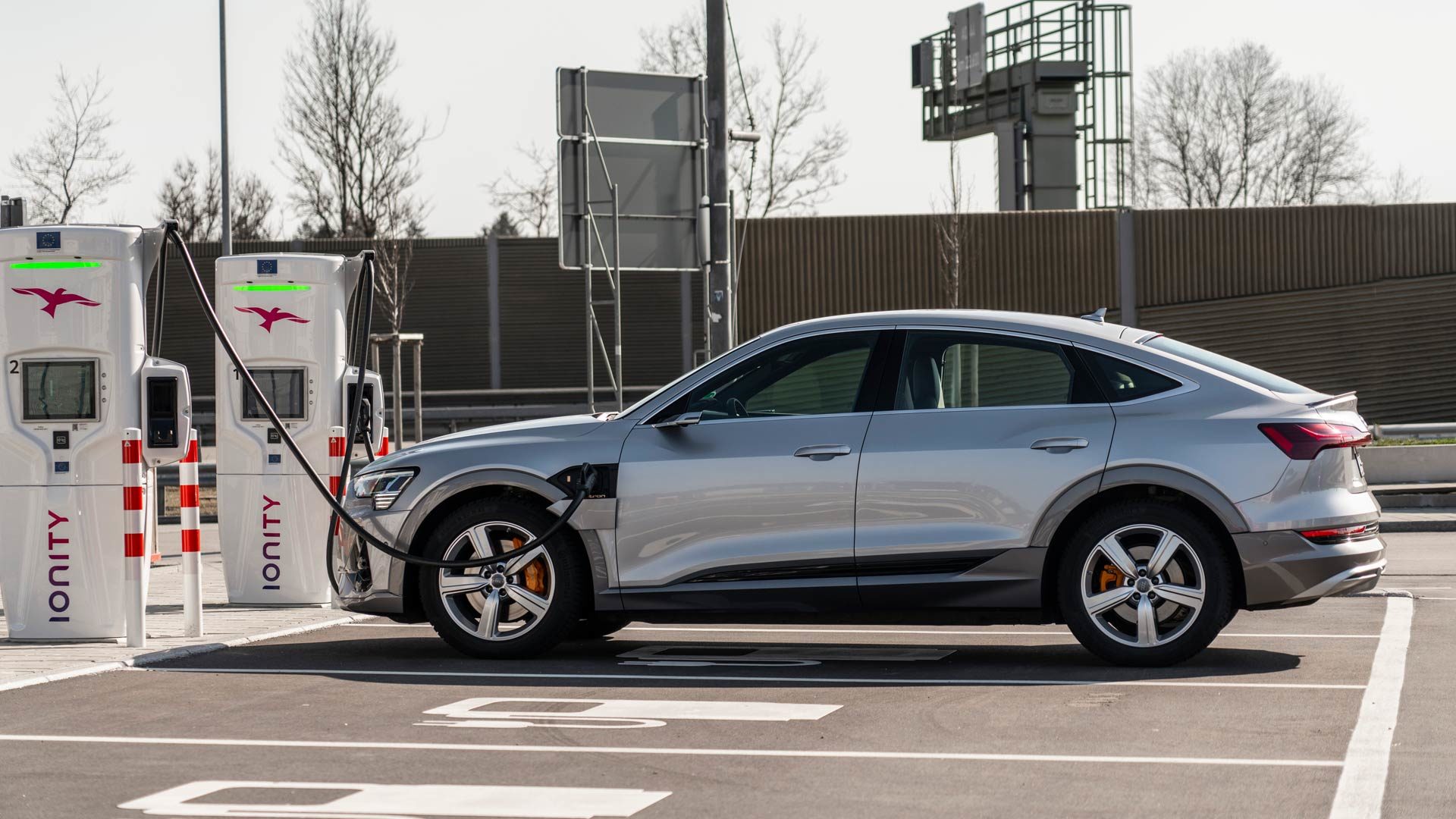
Trying to find your car in a giant multi-storey car park can be a challenge, but Google Maps can provide a handy solution.
Introduced over four years ago, the special “save my parking” feature on Google’s mapping app is available to smartphone users. It can take the stress out of tracking down where you left your car.
Although relatively unknown, using this Google Maps feature is easy, and offered for both Android and Apple devices. Our guide below will show you how to use it.
How to save your parking with Android devices

For Android device owners, once parked you simply need to touch the blue location dot within Google Maps.
This will open up a new menu, including the option to “Save your parking”. Tapping this will record the location, and add a new icon on the map itself.
Naturally, Google has included extra features for those using Google Maps on Android.
Users can add extra details, such as the level or section of the particular car park. Android devices will also allow users to note how long is left before their parking ticket expires, and get a reminder 15 minutes before.
Parking locations can be shared, should you need to coordinate with others.
How to save your parking with Apple iOS devices

For those with Apple iOS devices, the process is very much the same. Select the blue location icon on Google Maps, and select the “Set as parking location” option.
Those with Apple devices cannot add extra notes to their parking location, but are still able to share it with friends and family.
However, iOS users who connect their Apple device to their car with a USB cable or Bluetooth do get an added bonus. Google Maps will notice when you have parked up, and save your location automatically.
To recall it, just open Google Maps and it’ll be shown as a marker on screen (labelled “You Parked Here”).
How else can Google Maps help with parking?

Google has constantly updated its Maps app, adding new features and extra usability.
Earlier this year, the tech company announced that a new algorithm will help electric vehicle users plan their trips easier.
Owners of the Volvo XC40 Recharge or Polestar 2 can take advantage of this feature, which builds public charging stops into route planning. Google is planning to release this function to more cars in the future.
Drivers of other EVs can also use Google Maps to find charging points, along with getting live status about them.
ALSO READ